Please login or click here to join.
Forgot Password? Click Here to reset pasword
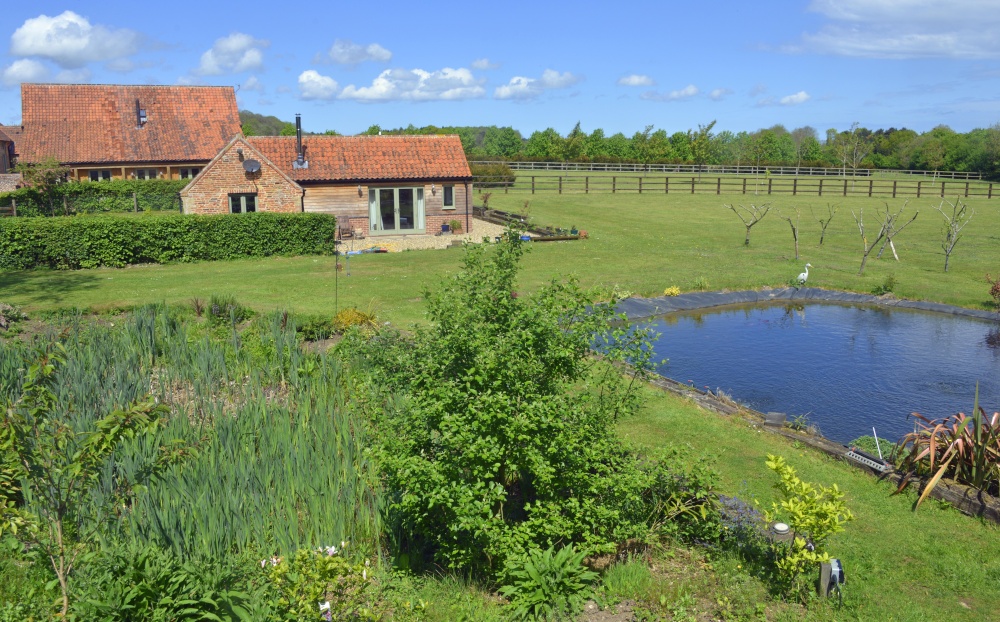 |
View from The Signal Box, Melton Constable, Norfolk The signal box has been converted to a holiday let. This picture appears in the following picture tour: Camera Make: NIKON CORPORATION� Model: NIKON D800� |
 |
The Signal Box, Melton Constable, conversion to holiday let. This picture appears in the following picture tour: Camera Make: NIKON CORPORATION� Model: NIKON D800� |
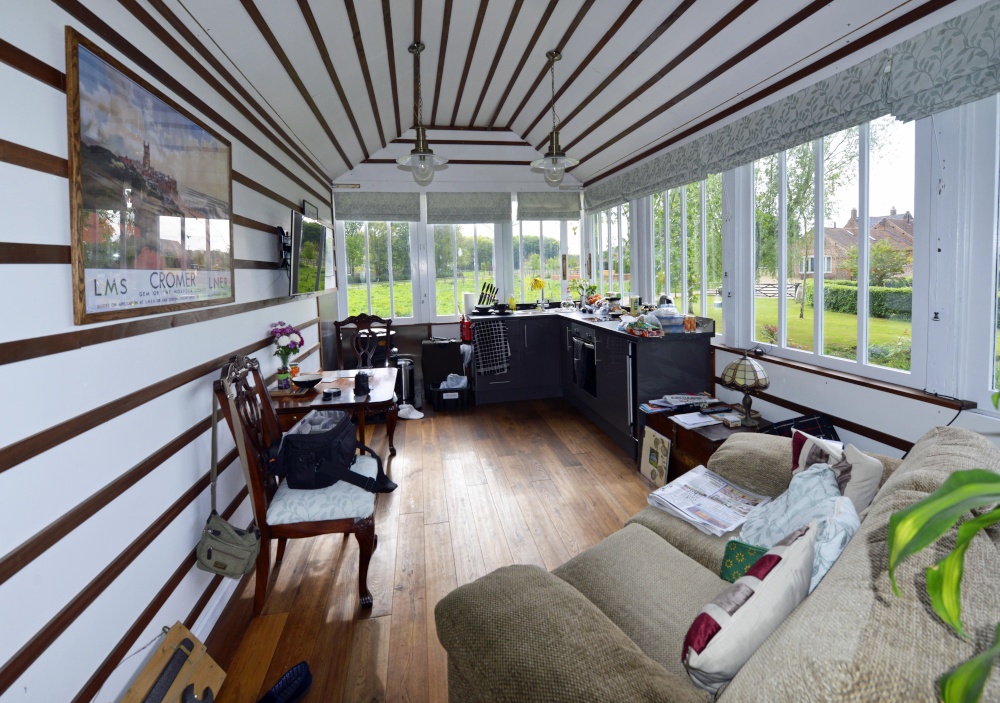 |
The Signal Box, Melton Constable, Norfolk Converted to holiday let This picture appears in the following picture tour: Camera Make: NIKON CORPORATION� Model: NIKON D800� |
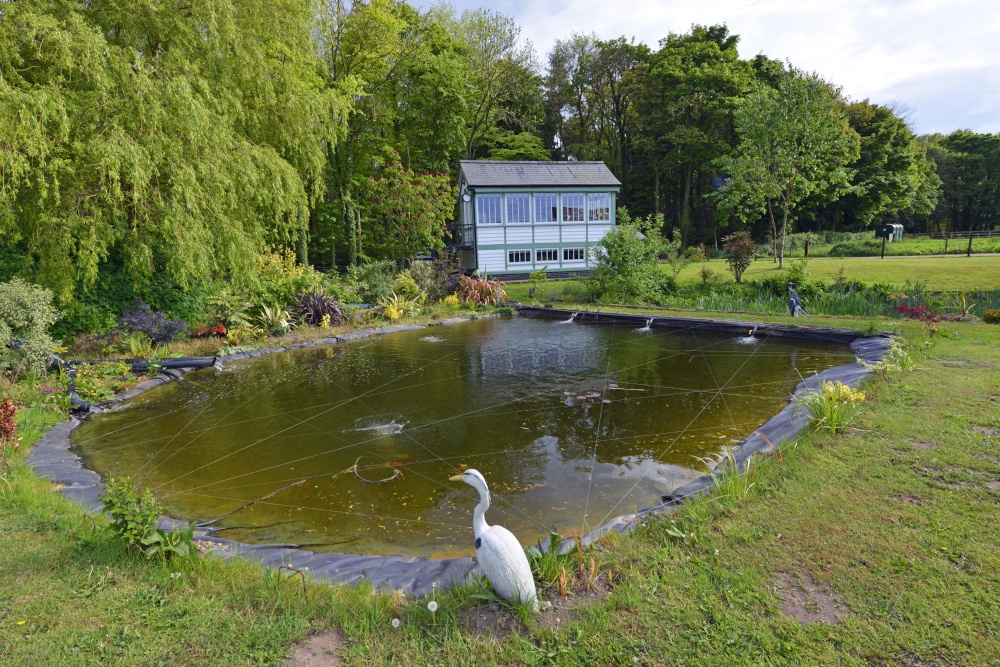 |
The Signal Box, Melton Constable, Norfolk This picture appears in the following picture tour: Camera Make: NIKON CORPORATION� Model: NIKON D800� |
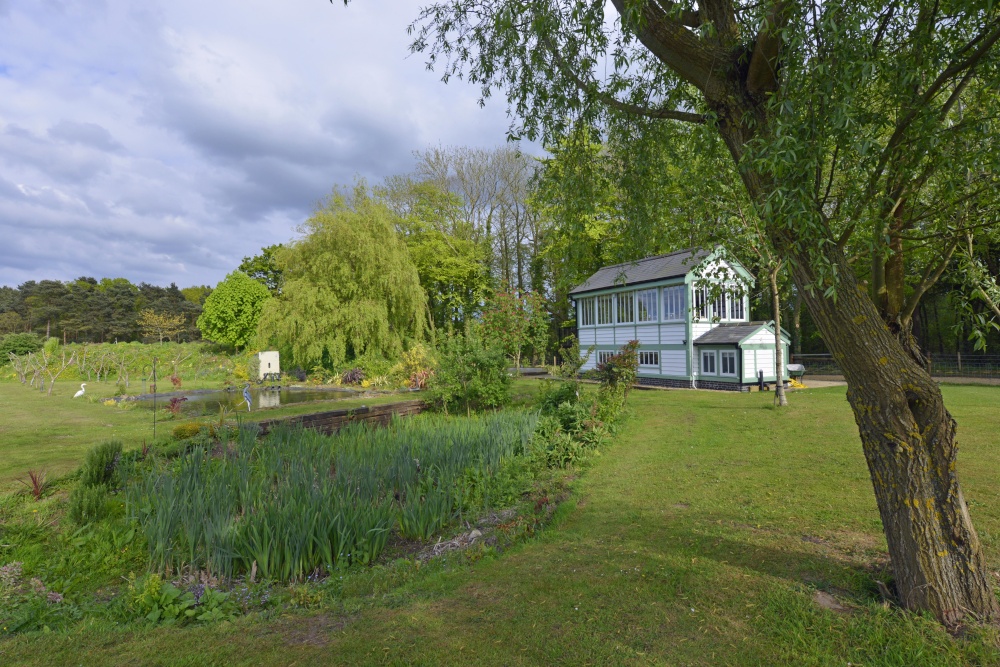 |
The Signal Box, Melton Constable, Norfolk This picture appears in the following picture tour: Camera Make: NIKON CORPORATION� Model: NIKON D800� |
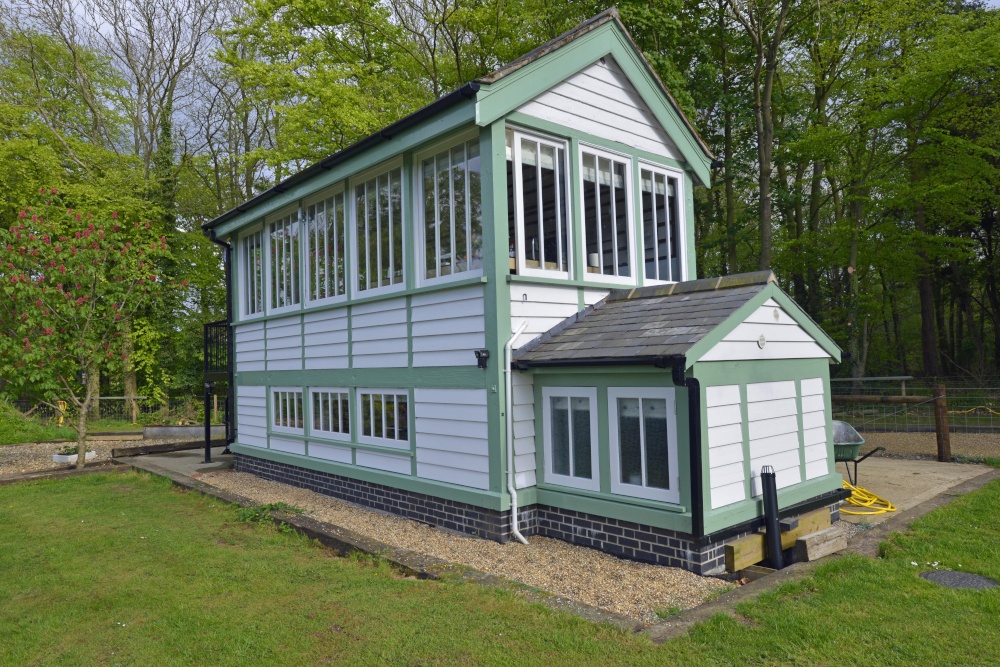 |
The Signal Box, Melton Constable, Norfolk Melton Constable in north Norfolk has had a long association with the railway, particularly in its heyday when it was referred to as the Crewe Junction of Norfolk, with lines from Kings Lynn, Norwich, Cromer, Fakenham, Yarmouth and Lowestoft all converging there. Considering the very rural location of the village, how did this come about? In 1880 The Lynn and Fakenham Railway Act authorised the construction of a railway from Fakenham to Norwich via Melton Constable. There was a desire among north Norfolk landowners, notably Lord Hastings of Melton Constable Hall, to break the East Anglian monopoly of The Great Eastern Railway. The village grew from a population of 118 in 1881 to 1,157 by 1911. The construction of a railway locomotive works and junction transformed the parish and to attract workers to this rural location the railway company constructed housing. The first street, Melton Street, was built in 1882 and others followed. Sadly the Melton works shut in 1936 and the line closed to passengers in April, 1964. It is therefore very fitting that a signal box, now fully restored, has been returned close to this location of railway history. My good friend John Barnes, entrepreneur and property developer, spotted that the signal box, which had been at Dereham Station but was subsequently moved to a garden in Mattishall to be used as a studio, was up for sale by auction. Having a farm near Melton Constable which was on the disused Yarmouth to Kings Lynn line, John thought it a fitting new location for this piece of railway history. This picture appears in the following picture tour: Camera Make: NIKON CORPORATION� Model: NIKON D800� |
 |
The Signal Box, Melton Constable, Norfolk Melton Constable in north Norfolk has had a long association with the railway, particularly in its heyday when it was referred to as the Crewe Junction of Norfolk, with lines from Kings Lynn, Norwich, Cromer, Fakenham, Yarmouth and Lowestoft all converging there. Considering the very rural location of the village, how did this come about? In 1880 The Lynn and Fakenham Railway Act authorised the construction of a railway from Fakenham to Norwich via Melton Constable. There was a desire among north Norfolk landowners, notably Lord Hastings of Melton Constable Hall, to break the East Anglian monopoly of The Great Eastern Railway. The village grew from a population of 118 in 1881 to 1,157 by 1911. The construction of a railway locomotive works and junction transformed the parish and to attract workers to this rural location the railway company constructed housing. The first street, Melton Street, was built in 1882 and others followed. Sadly the Melton works shut in 1936 and the line closed to passengers in April, 1964. It is therefore very fitting that a signal box, now fully restored, has been returned close to this location of railway history. My good friend John Barnes, entrepreneur and property developer, spotted that the signal box, which had been at Dereham Station but was subsequently moved to a garden in Mattishall to be used as a studio, was up for sale by auction. Having a farm near Melton Constable which was on the disused Yarmouth to Kings Lynn line, John thought it a fitting new location for this piece of railway history. This picture appears in the following picture tour: Camera Make: NIKON CORPORATION� Model: NIKON D800� |
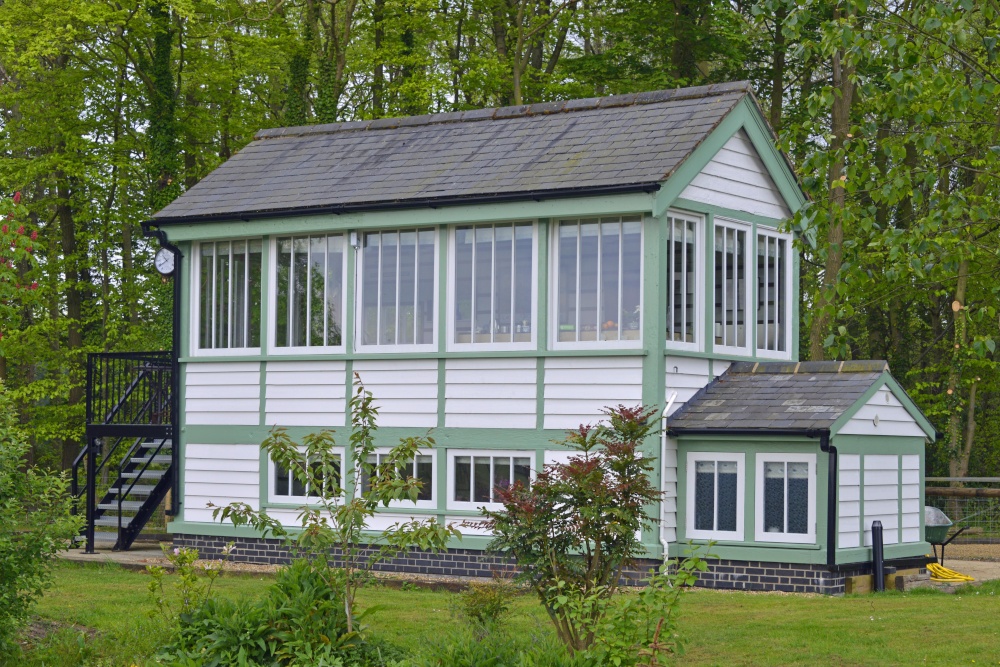 |
The Signal Box, Melton Constable, Norfolk Melton Constable in north Norfolk has had a long association with the railway, particularly in its heyday when it was referred to as the Crewe Junction of Norfolk, with lines from Kings Lynn, Norwich, Cromer, Fakenham, Yarmouth and Lowestoft all converging there. Considering the very rural location of the village, how did this come about? In 1880 The Lynn and Fakenham Railway Act authorised the construction of a railway from Fakenham to Norwich via Melton Constable. There was a desire among north Norfolk landowners, notably Lord Hastings of Melton Constable Hall, to break the East Anglian monopoly of The Great Eastern Railway. The village grew from a population of 118 in 1881 to 1,157 by 1911. The construction of a railway locomotive works and junction transformed the parish and to attract workers to this rural location the railway company constructed housing. The first street, Melton Street, was built in 1882 and others followed. Sadly the Melton works shut in 1936 and the line closed to passengers in April, 1964. It is therefore very fitting that a signal box, now fully restored, has been returned close to this location of railway history. My good friend John Barnes, entrepreneur and property developer, spotted that the signal box, which had been at Dereham Station but was subsequently moved to a garden in Mattishall to be used as a studio, was up for sale by auction. Having a farm near Melton Constable which was on the disused Yarmouth to Kings Lynn line, John thought it a fitting new location for this piece of railway history. This picture appears in the following picture tour: Camera Make: NIKON CORPORATION� Model: NIKON D800� |